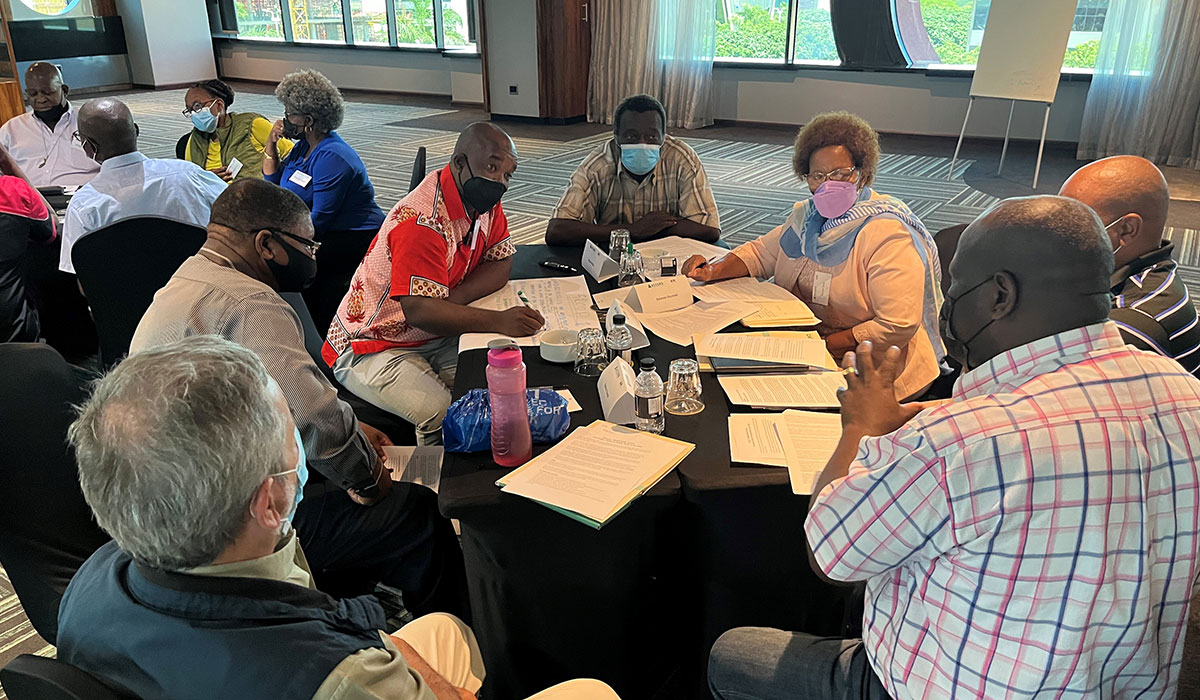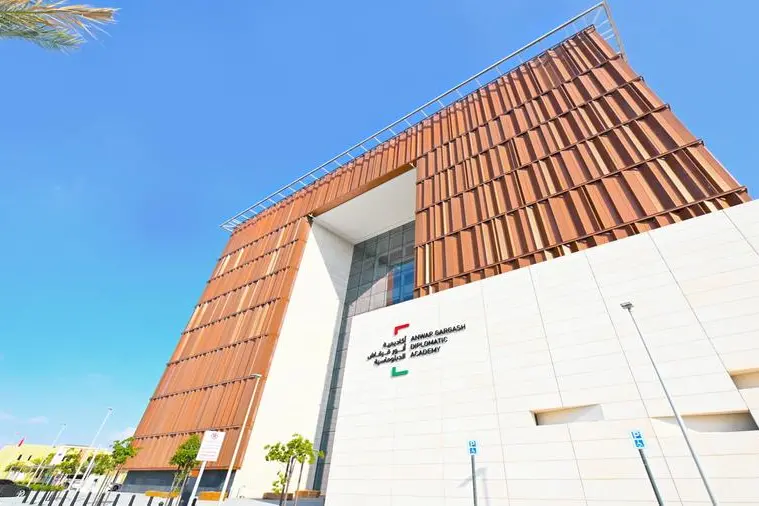Eswatini has experienced a spate of violence, and often deadly protests over the last few months. To address the simmering conflict in the Eswatini, ACCORD and the Council of Swaziland Churches (CSC) convened a Mediation and Dialogue Workshop for faith-based leaders from Eswatini, from 7 to 10 February 2022, in Durban, South Africa. The workshop aimed to provide some groundwork for addressing the violence in the country.
The intensive course, steered by ACCORD’s Manager of Applied Knowledge and Learning, Philip Visser, focused on the principles of mediation and dialogue. The program further unpacked the role of religious communities in building peaceful and prosperous communities and the process of initiating and facilitating dialogue in societies experiencing conflict. Such skills and insights are particularly relevant to Emaswati as they try to address the violence and disruption that has plagued the nation over the past year.
The CSC, as an association of different churches and religious organisations in Eswatini, has the necessary reach and potential to mobilize large and diverse groups of people towards building peace in the country. Faith-based organisations, like other local and national stakeholders, are positioned to affect change at both grassroots and policy-making levels. Faith-based leaders in particular often occupy positions of high status and respect in their communities and are often seen as moral authorities, while simultaneously having access to broad, crosscutting networks. As such, ACCORD recognises that such organisations should be capacitated in the necessary conflict management skills, to help them proactively prevent, mitigate, and resolve conflict.ACCORD and the CSC will continue to work closely as the council develops an agenda for peace towards facilitating a process of national dialogue. Such platforms will allow Emaswati the opportunity to engage with and to constructively build an infrastructure for peace in the country.








